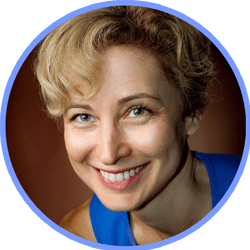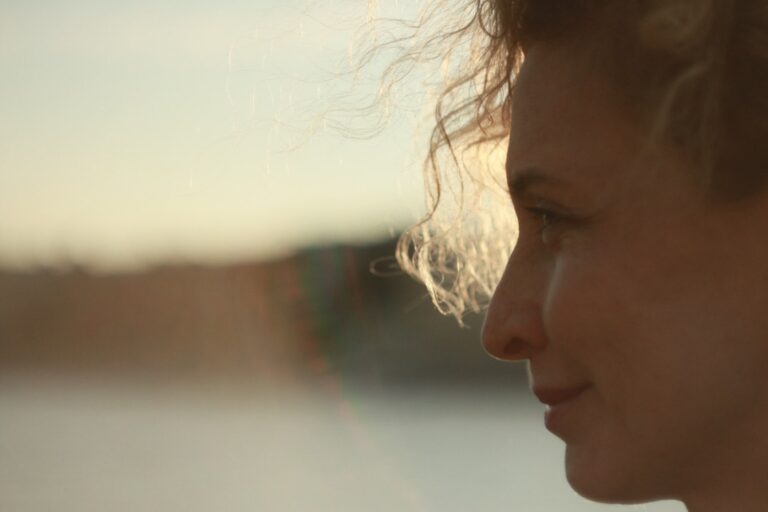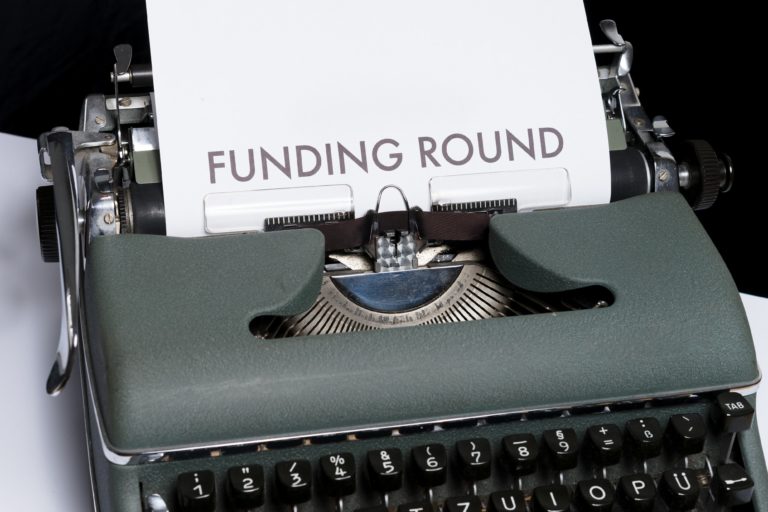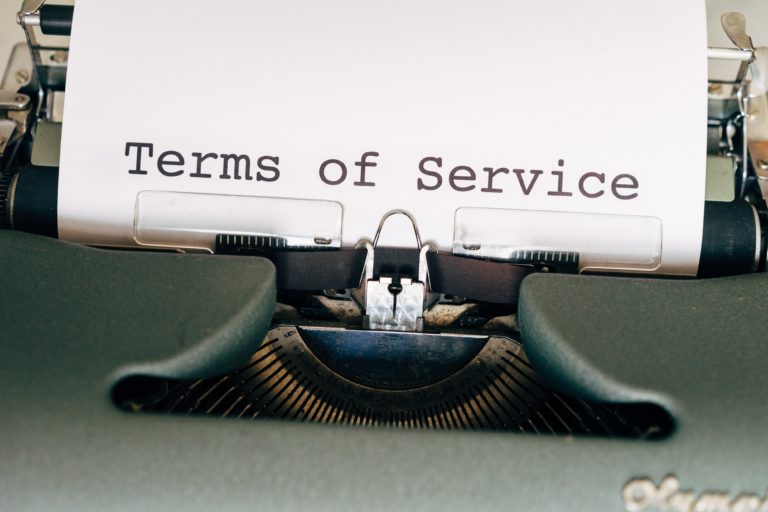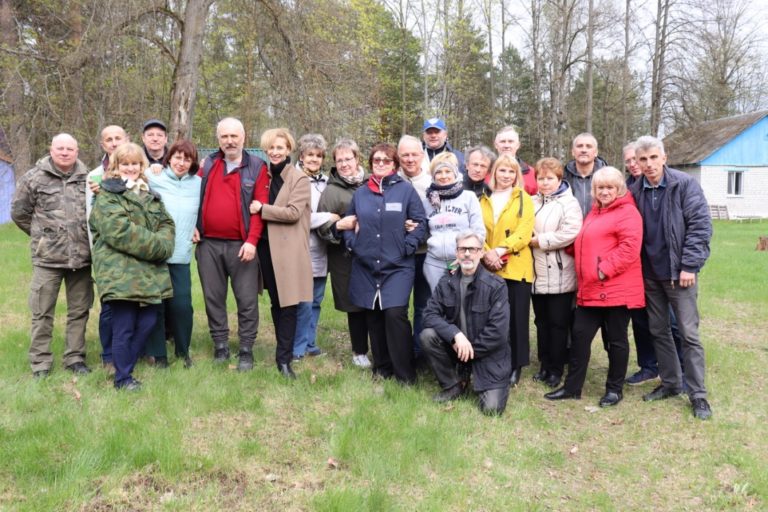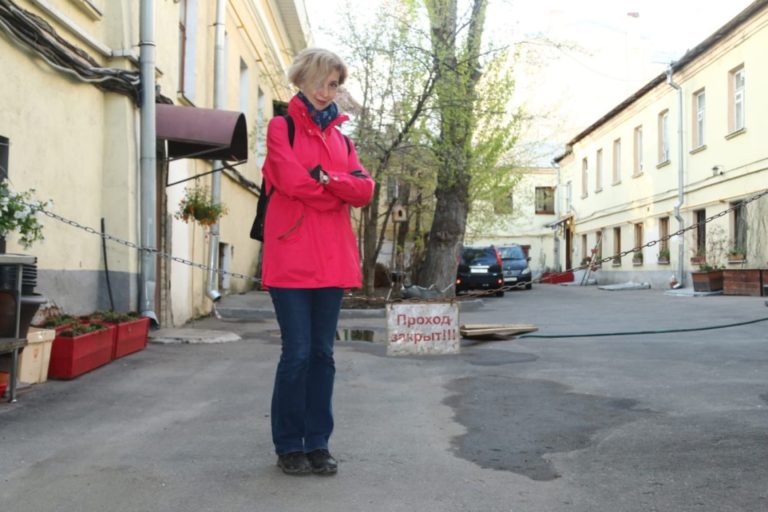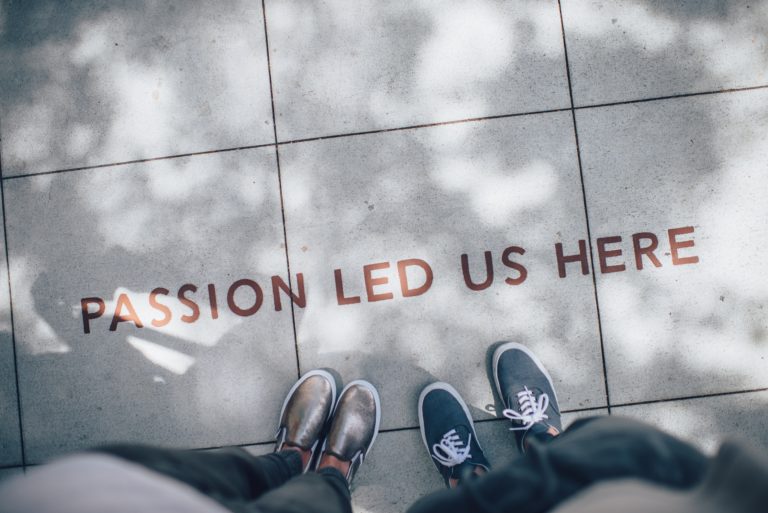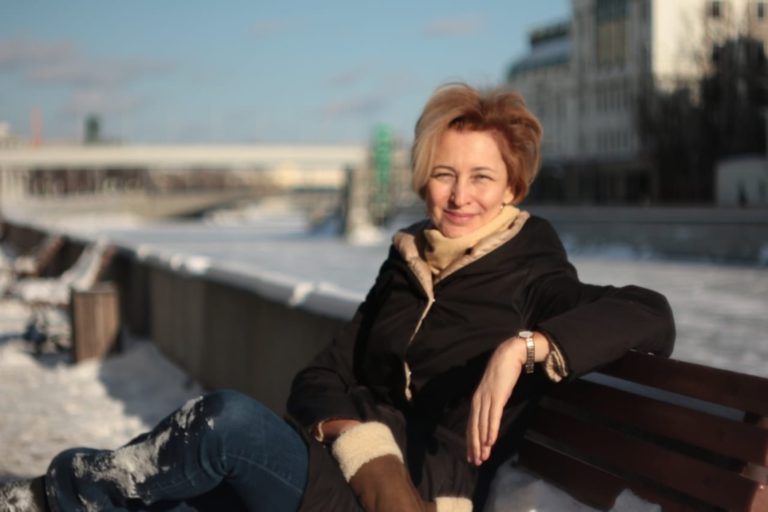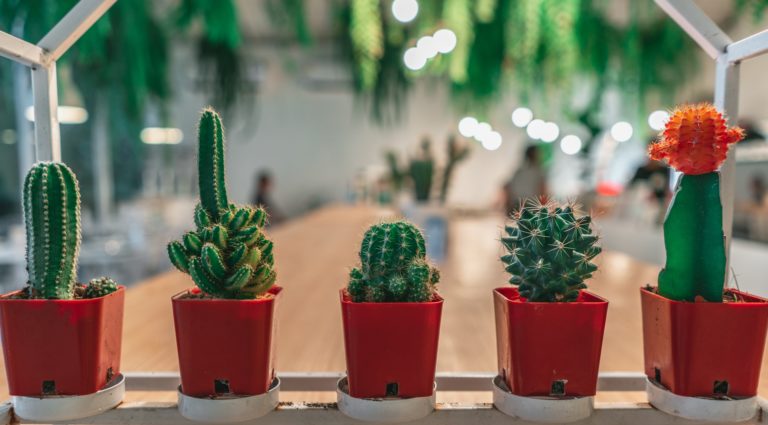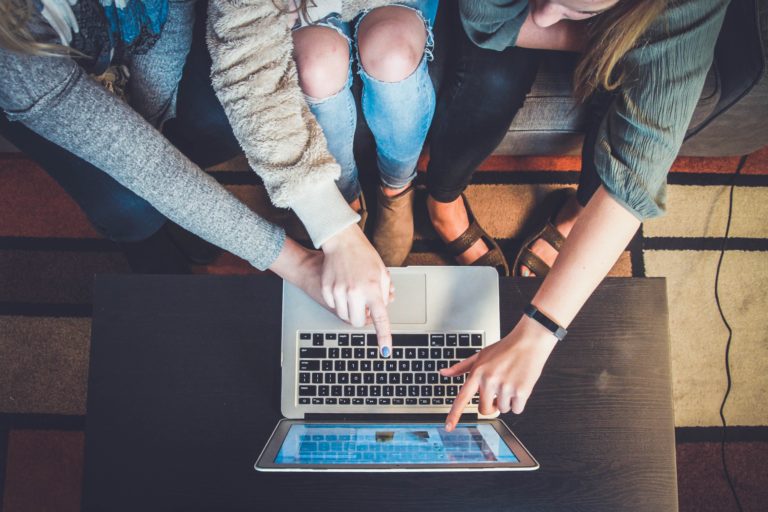In July – November 2021, I participated in a research project to identify the financial needs of women entrepreneurs in Kyrgyzstan, Tajikistan and Uzbekistan. In this post, I share some personal impressions that complement the figures and conclusions in the official reports.
Credo, credis, credit. On banks, credits and small businesses
In this article, Daria Lyubchenko and I look back at the time when we worked for the EBRD small business lending projects. Russian banks were only starting to work with small businesses and “high interest rate” seemed to be the main stopper for potential borrowers. Today, doing research for a project in Central Asia, I hear similar concerns from entrepreneurs and can only repeat what we used to say to our clients twenty years ago: interest rate is not the main thing when one talks about small and micro loans. In the growing markets, banks should learn to work with small businesses, examine their numbers and listen to the voices of their owners. When a “meeting of minds” takes place, both banks and businesses benefit.
Service and inequality
On Facebook, an intelligent and conscientious person criticized Moscow upmarket food store “ABC of Taste” for certain excessive services, which, in his opinion, highlight inequality and exploitation. Service quality is dear to my heart, so I would like to separate the complex issue of inequality from simple truths about customer service, staff motivation and competencies of managers.
Who did not come? Who of us is not here?
April 2021
In April I went to see a documentary closing the ArtDocFest festival and to a couple of photo exhibitions. I participated in the online conference “Walls – Open, Closed, Sliding? The Virus, Europe and Our World Today” and in a rally organised to support imprisoned politician Alexey Navalny on the 21st. My virtual round of applause goes to Nikolai Formozov, a Russian biologist and environmentalist, who went on hunger strike in solidarity with Alexey, and to my friend Angelika from Heidelberg. Angelika says she and her husband find it inappropriate to travel to palm tree resorts when millions around the world get neither travel nor covid19 vaccine. I am also sharing translations of a couple of posts from social media. In the first one, a medical doctor Fedor Katassonov explains his reasons to join the April 21st rally. In the second one Dmitry Bykov, poet, novelist, lecturer and political activist talks about the Soviet space project and reckons that 60 years ago the world was a better place.
Managing Change. Streamlining Processes. Advisory Services to Entertainment Business
Angels Against Demons
This is a post about peaceful civic initiatives of winter 2021 in Saint-Petersburg and Moscow, and about an exhibition of seventeenth-century frescoes saved in the 1930s from the destructive violence of state power.
